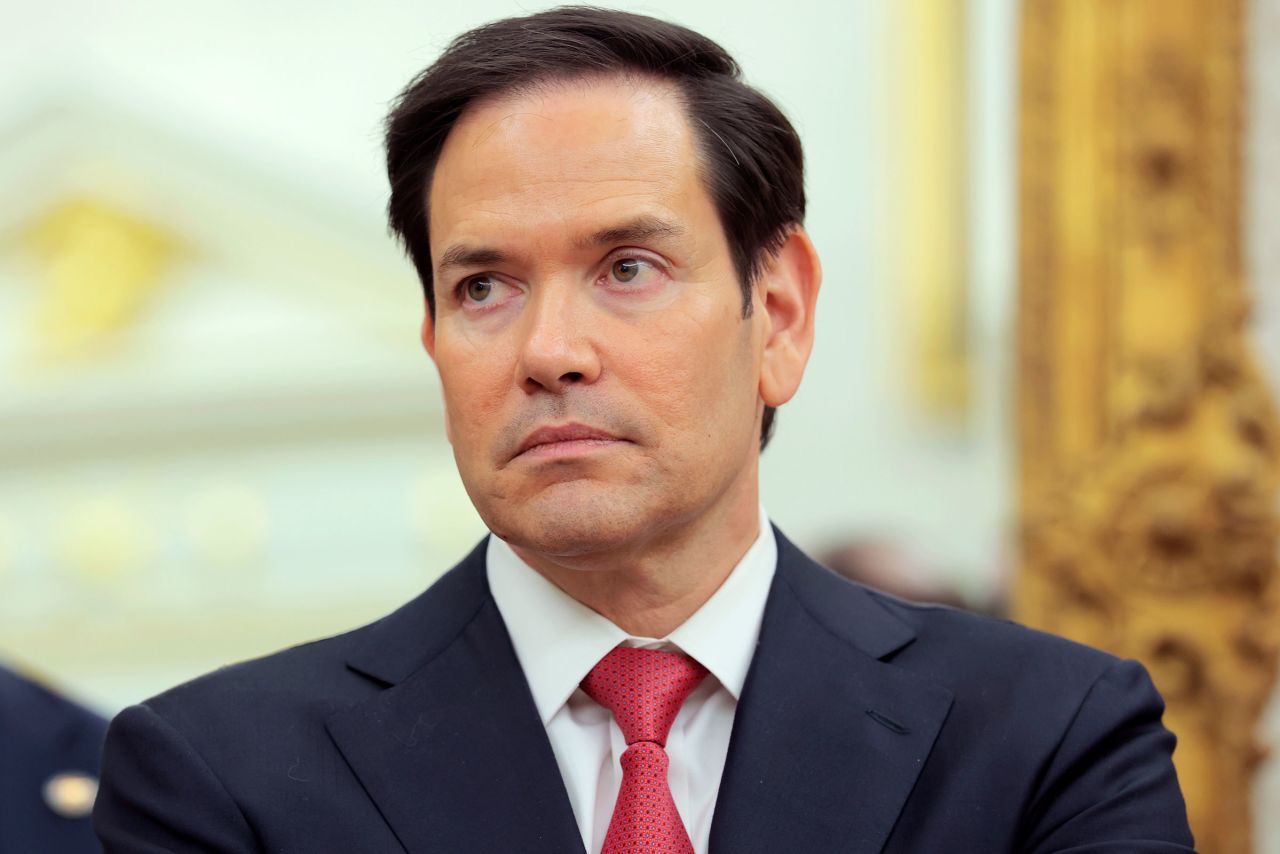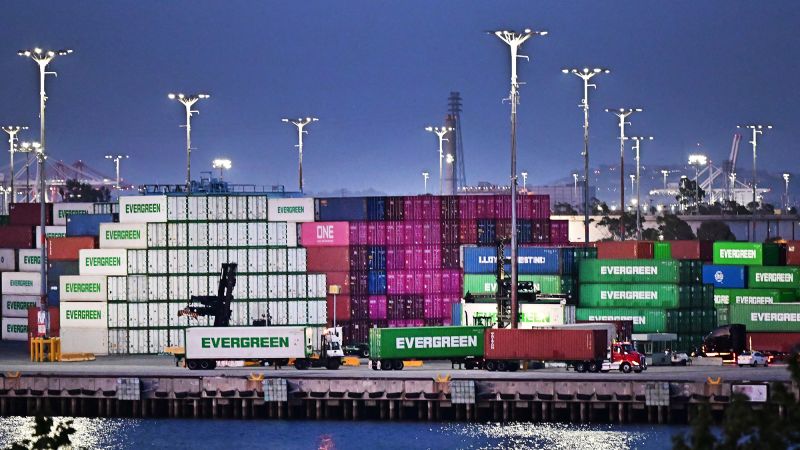
US Secretary of State Marco Rubio spoke separately with his British counterpart and Germany’s Chancellor late on Sunday, reaffirming that the US position on Russia’s war in Ukraine remains “an immediate ceasefire.”
“The Secretary reaffirmed the US position on the Russia-Ukraine war: our top priority remains bringing an end to the fighting and an immediate ceasefire,” State Department spokesperson Tammy Bruce said in a readout of Rubio’s call with Lammy.
In a separate call, Rubio and German Chancellor Friedrich Merz discussed a recent meeting between European leaders and Ukrainian President Volodymyr Zelensky and “our shared goal of ending the war in Ukraine,” according to a State readout.
The calls come as the British Foreign Minister David Lammy is set to host European delegations in London on Monday for critical talks on Ukraine and the future of European security. And as Russian President Vladimir Putin ignores calls from Ukraine’s major European allies to agree to an unconditional 30-day ceasefire by Monday or face “massive” new sanctions.
US President Donald Trump urged Ukraine to “immediately” accept Russian President Vladimir Putin’s offer for direct talks on Thursday in Istanbul, dropping his demand for Russia to agree to a ceasefire.
Zelensky said he is prepared to meet Vladimir Putin. However, Ukraine’s allies have stressed that no further talks should be held before Putin agrees to an unconditional truce.
And Andriy Yermak, the Ukrainian president’s chief of staff, said in an interview with local media published Monday that the first step to any negotiations to end the war in Ukraine still rests on whether Russia will agree to a 30-day ceasefire.
Representatives from France, Italy, Germany, Spain, Poland and the EU are expected to attend the talks hosted in London on Monday, according to Britain’s foreign ministry. Lammy plans to announce further sanctions targeting actors supporting Russia’s invasion of Ukraine, the ministry said, according to Reuters.
